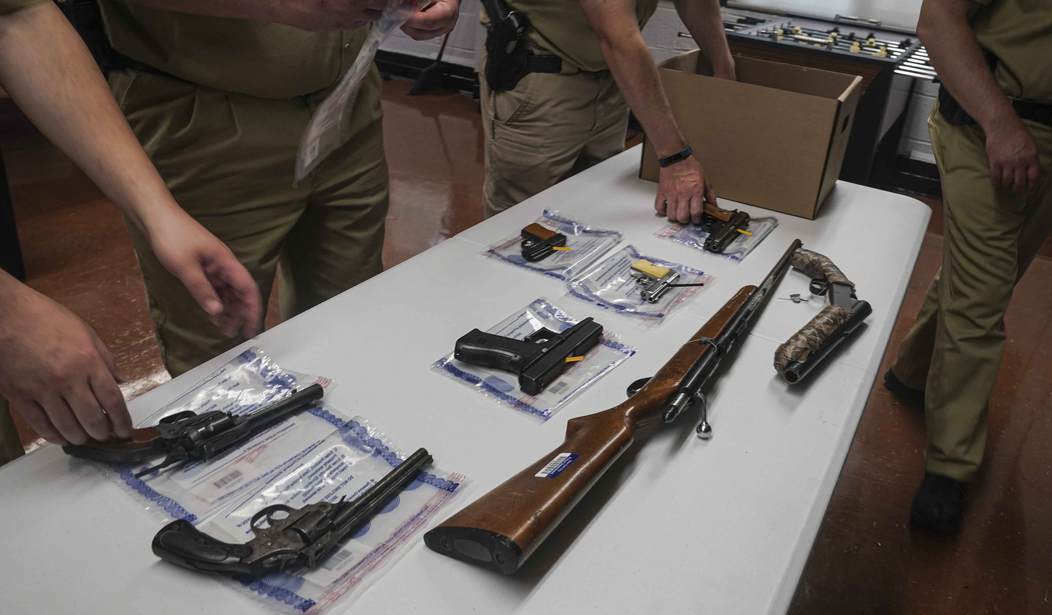When gun control activists spout the number of gun-related fatalities as if that should be the only thing you consider when talking about gun control, we tend to counter with defensive gun use statistics. What we’re doing is arguing that there’s more good accomplished through guns being legal and available than harm.
Now, a team at the University of Connecticut is looking to formally frame this idea.
irearm policy is one of the most contentious political issues in the United States. With about 121 firearms in circulation for every 100 persons in America, the US faces a challenge in simultaneously protecting the Constitutional right to firearm ownership while promoting gun safety for gun owners and non-owner alike.
A group of UConn researchers are collaborating with Johns Hopkins Center for Gun Violence Prevention and Research to conduct a comprehensive survey on the harms and benefits of firearm polices for gun owners. They argue that understanding these harms and benefits is a critical step in protecting rights and promoting safety.
Mitchell Doucette, an assistant scientist at Johns Hopkins University, is the principal investigator. The UConn team includes associate professor Kerri Raissian and associate professor-in-residence Jennifer Necci Dineen in the Department of Public Policy, and Damion Grasso, associate professor of psychiatry and pediatrics in the UConn School of Medicine.
…
Doucette will provide the team with his in-depth background in gun violence prevention research. Necci Dineen will be the group’s survey methodologist. Grasso will focus on methodology for tool validation. Raissian will serve as the expert on how to communicate about policy and the harms and benefits of policies in different environments.
The researchers will actively engage gun owners in each part of the study. The group will begin by engaging groups of gun owners, such as shooting clubs, to obtain critical information for developing initial items for assessing owners’ perceived harms and benefits.
“I think, in general, it’s really important that policy be shaped by the voices of people the policy affects,” Raissian says.
This study will produce a deeper understanding of gun owners’ decision-making processes. The survey will ask participants from around the country about how and if a specific firearm policy, such as universal background checks or laws that allow carrying weapons without permits, might influence their behavior.
Now, that last part is good. I have concerns about this, but not as many as I could have. The fact their efforts will be shaped by gun owners means it’s less likely to be as heavily biased toward gun control as I originally feared.
However, what if it turns out that the harms-benefit analysis comes up against us? Will it really matter to someone like me?
Not really.
You see, we’re talking about a right. I have the right to keep and bear arms. As such, I’m not willing to give that one up no matter what. I’m willing to accept harm in order to hold onto my rights, much like I have to tolerate racist rhetoric if I want to hold onto my right to free speech.
Then again, I don’t really see that happening unless the UConn researchers try to stack the deck. As long as they show their methodology on this kind of thing, we can at least look and see if they’re doing that or not.
Yet on the other hand, if everything is handled above-board, I suspect we’ll see data supporting gun rights as a whole. I kind of wonder how the gun control side will respond to that.
It’ll be humorous if nothing else.







Join the conversation as a VIP Member